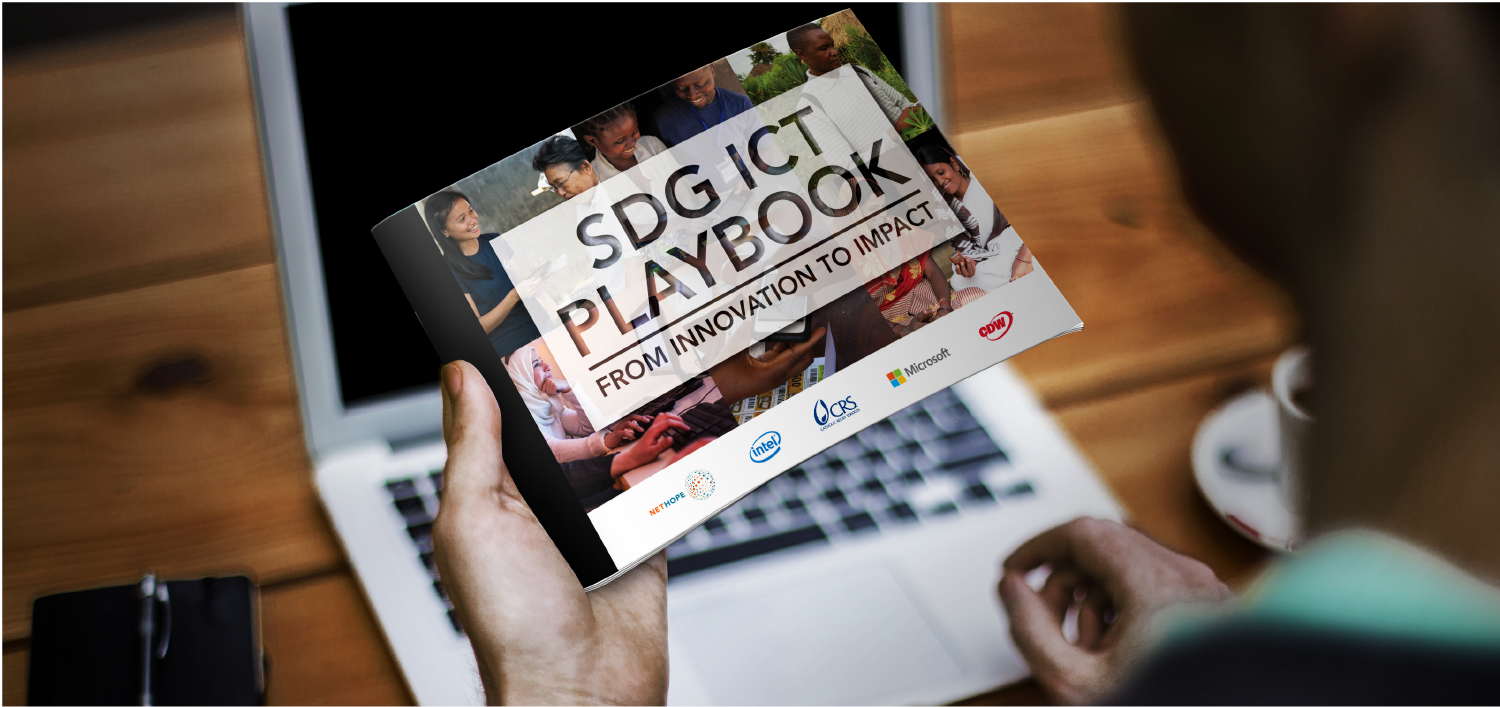According to Shainoor Khoja of Roshan just over half of all Afghan homes had mobile phones as of 2009—44 percent in rural areas—and one percent of Afghans are now using text messaging to get news at least once per week. Some 1.2 billion dollars is being poured into Afghanistan’s telecommunications industry, which covers over 12 million mobile users—a dramatic increase from 150,000 users in 2007.
This was the first time so many key players had assembled to explore this issue and it was fascinating to see the interplay and perspectives of individuals from these varied sectors. For more analysis see this post put up by my colleague Jaclyn Nardone at TechChange.
TechChange will be working with USIP to produce a detailed follow up special report on the many themes and action items that emerged. But there were two working examples that I thought were particularly relevant to the intersection of peace and social entrepreneurship.
Community-level social entrepreneurship for cell tower security: Shainoor Khoja shared a story about how the company originally thought that the best way to protect cell towers from conflict was to increase the number of armed security guards. This model proved to be expensive and ineffective so they shifted to a focus on community engagement. Roshan let community members take control of security, in exchange Roshan shared the excess power generated by their solar-powered towers with surrounding homes and businesses and developed a revenue sharing model so that if their towers were operational the community saw a percentage of the profit. This shift proved hugely successful for both the company and the community. I think this area of corporate-community financial and security interdependence is an exciting one with lots of potential to help bring peace through social entrepreneurship. The key though is that companies must have the confidence to support these strategies.
Afghanistan mobile banking pilot projects: Mobile banking is a critical innovation that could make a huge difference in restoring stability to Afghanistan. This technology allows users to withdraw money, pay bills or buy groceries with e-currency all through their mobile. Pilot projects have not only eliminated significant corruption but also reduced the costs of transferring money and handling payroll while improving the security situation. After listening to her speak I couldn’t help but think of the many ways providing financial inclusion to the very poor has huge potential to spur citizen driven social entrepreneurship.
My next few posts will highlight different emerging and ongoing technical efforts that grow from social entrepreneurship beginnings to effectively build peace. So stay tuned!
(cross-posted from Ashoka peace )


